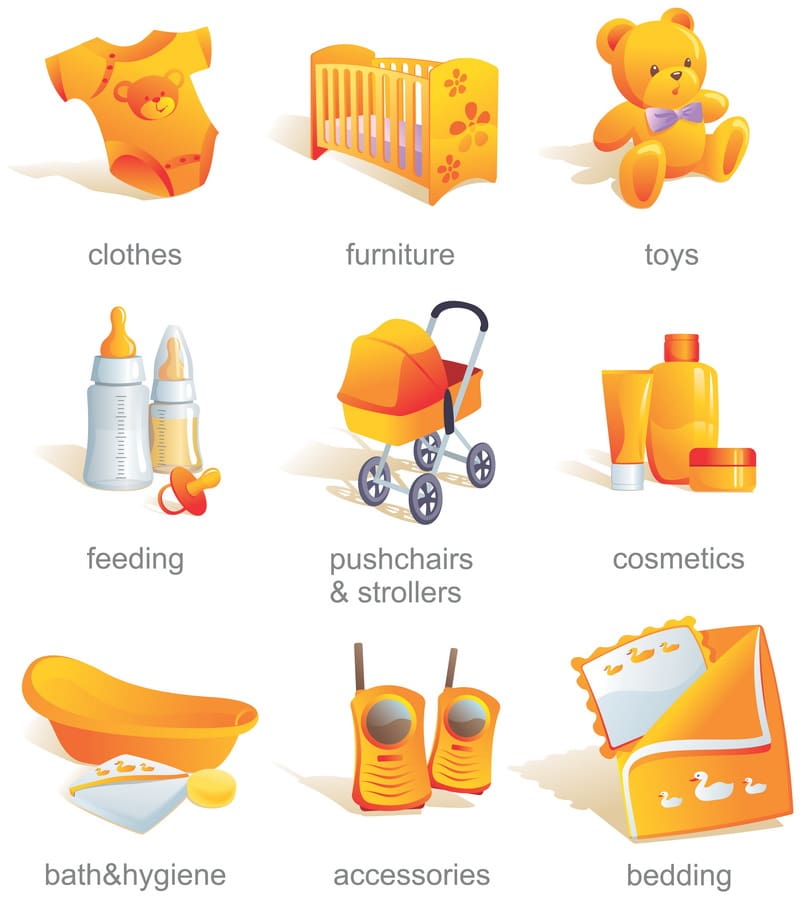Bringing a baby into the world is an incredible experience, but it also brings significant changes to your body and mind. While much attention is often given to the baby after birth, postpartum recovery for new moms is just as important. The days and weeks after childbirth are a time of healing, adjustment, and learning—and knowing what to expect can help ease your transition into this new chapter.
Whether you had a vaginal delivery or a C-section, every mother’s recovery is unique. This guide will walk you through the key physical and emotional changes you may experience, along with tips to help you feel more supported during your postpartum journey.
🩺 Physical Recovery After Birth
1. Vaginal Birth
After a vaginal birth, your body goes through a lot of healing. You may experience:
- Vaginal soreness or swelling
- Perineal pain, especially if you had stitches
- Bleeding (lochia) for up to 4–6 weeks
- Cramping as your uterus shrinks back to size
Tips:
- Use padsicles, warm baths, or sitz baths to soothe pain.
- Apply witch hazel pads or numbing sprays for relief.
- Rest as much as possible and avoid heavy lifting.
2. C-Section Recovery
If you had a Cesarean delivery, recovery typically takes a bit longer. Expect:
- Incision pain and soreness
- Limited mobility for the first few weeks
- A longer healing period (about 6–8 weeks)
Tips:
- Keep the incision clean and dry.
- Avoid stairs and lifting anything heavier than your baby.
- Take prescribed pain medications as directed.
💧 Common Postpartum Symptoms
It’s totally normal to feel like your body is adjusting in every way. Here are a few more things to expect:
- Night sweats and chills as hormones rebalance
- Breast engorgement whether you’re breastfeeding or not
- Hair shedding (usually starts around 2–3 months postpartum)
- Fatigue from disrupted sleep and physical healing
- Constipation or hemorrhoids
All of this can feel overwhelming—but it’s temporary. Don’t hesitate to ask your doctor for help if something doesn’t feel right.
🧠 Emotional and Mental Health
Hormonal shifts, sleep deprivation, and the pressure of caring for a newborn can trigger a range of emotions.
Normal “Baby Blues”:
- Feeling teary, anxious, or overwhelmed in the first 2 weeks
- Affects up to 80% of new moms
When It May Be Postpartum Depression (PPD):
- Lasting sadness, detachment, or hopelessness
- Loss of interest in things you enjoy
- Trouble bonding with your baby
- Thoughts of harm to yourself or your baby
If you experience these symptoms beyond two weeks, seek professional help—you are not alone, and help is available.
🏃♀️ When Can You Resume Normal Activities?
- Exercise: Light walking is usually okay soon after birth, but check with your doctor about when to resume full workouts.
- Sex: Most doctors recommend waiting 4–6 weeks, or until you feel ready and healed.
- Driving: After a C-section, wait until you can move comfortably and are off pain medications—usually after 1–2 weeks.
❤️ Tips for a Smoother Recovery
- Rest when you can, even if it’s short naps during the day.
- Eat nourishing meals—your body needs nutrients to heal.
- Accept help from family and friends with meals, chores, or baby care.
- Stay hydrated, especially if you’re breastfeeding.
- Follow up with your healthcare provider at your 6-week checkup—or sooner if you’re concerned.
💬 Final Thoughts
Postpartum recovery is a journey of healing, learning, and adjusting. It’s okay to feel a mix of joy, fatigue, and vulnerability. Be patient with yourself and remember that recovery takes time—not just physically, but emotionally too. You are doing something incredible, and taking care of yourself is just as important as taking care of your baby.
❓ Frequently Asked Questions (FAQs)
1. How long does postpartum recovery take?
It depends on the type of delivery and individual healing, but most women feel more like themselves around 6–8 weeks postpartum. Full recovery can take several months, especially after a C-section.
2. Is postpartum bleeding normal?
Yes, vaginal bleeding (lochia) is normal and can last 4–6 weeks. If it becomes very heavy, has a bad odor, or you pass large clots, contact your doctor.
3. When should I be concerned about postpartum pain?
Some discomfort is normal, but if you have severe pain, a fever, or signs of infection (like redness or pus), seek medical help immediately.
4. What can I do about postpartum constipation?
Drink lots of water, eat high-fiber foods, and consider using stool softeners if recommended by your doctor. Avoid straining, especially if you had stitches.
5. How do I know if I have postpartum depression?
If feelings of sadness, anxiety, or detachment last more than two weeks or interfere with your ability to care for yourself or your baby, talk to your healthcare provider.
6. Can I exercise after giving birth?
Light movement like walking is encouraged when you feel ready. More intense exercise should wait until you’re cleared by your doctor, usually around 6 weeks postpartum.
7. How do I care for my C-section incision?
Keep it clean and dry, wear loose clothing, and avoid strenuous movement. Watch for signs of infection like swelling, redness, or discharge.
8. Is it normal to feel overwhelmed?
Absolutely. Parenthood is a big adjustment, and it’s okay to feel overwhelmed. Reach out for support, talk to other moms, and don’t hesitate to ask for help.











